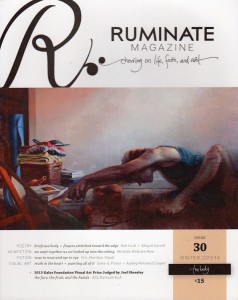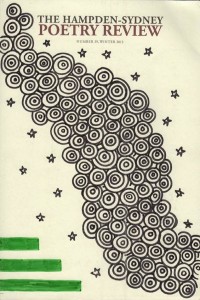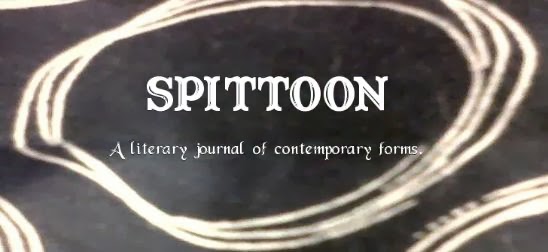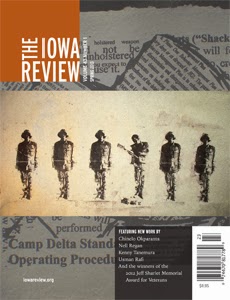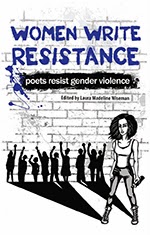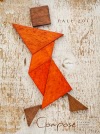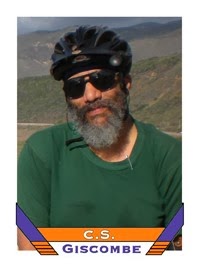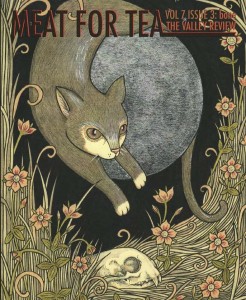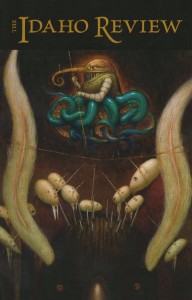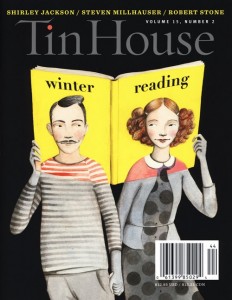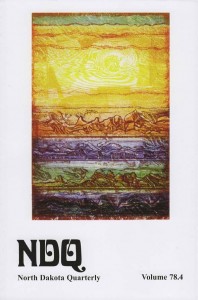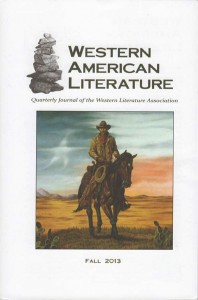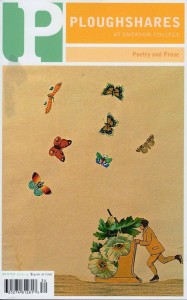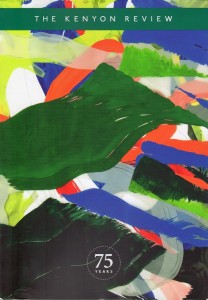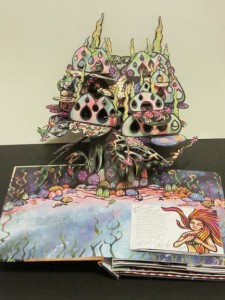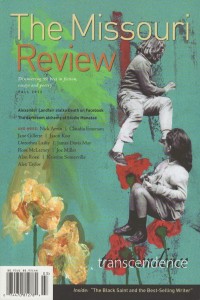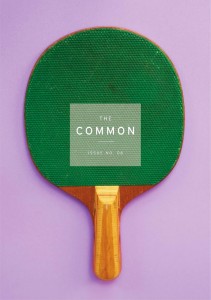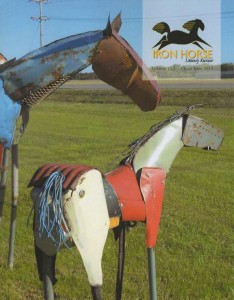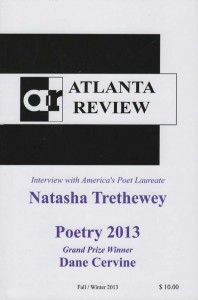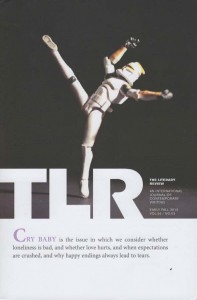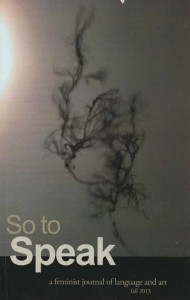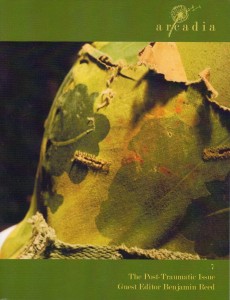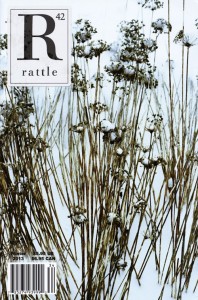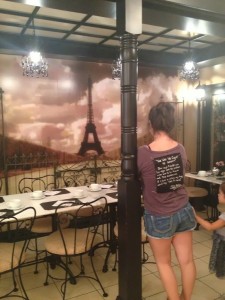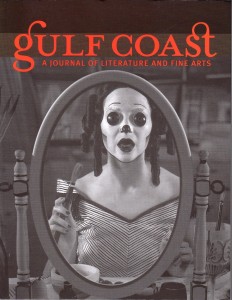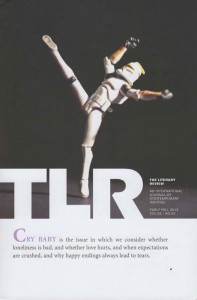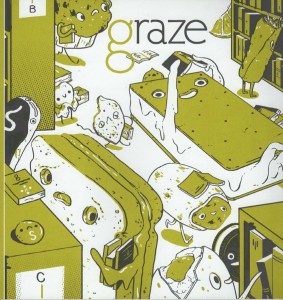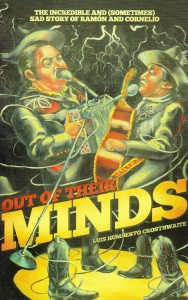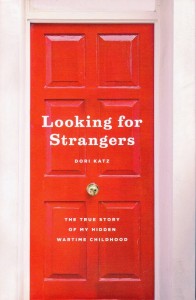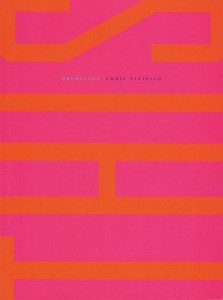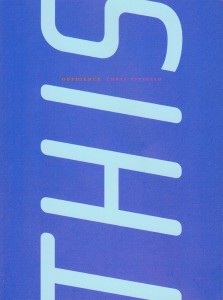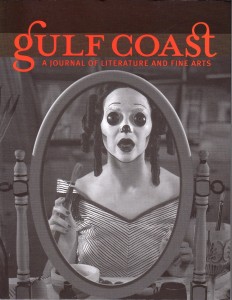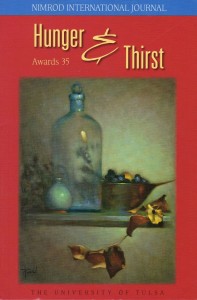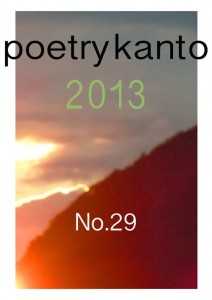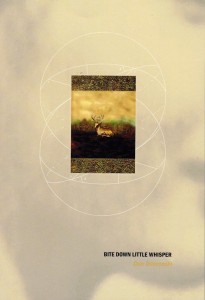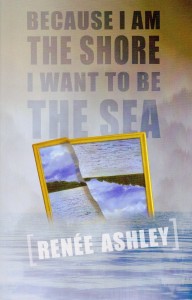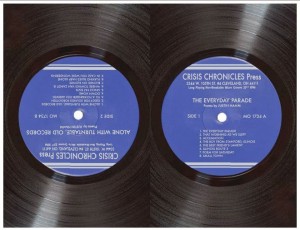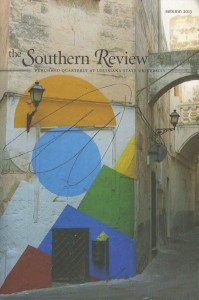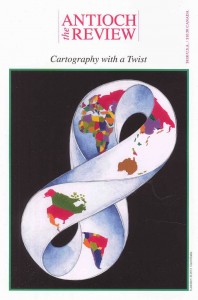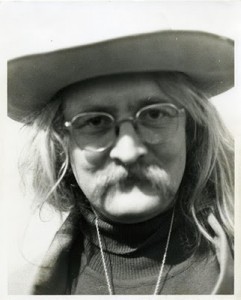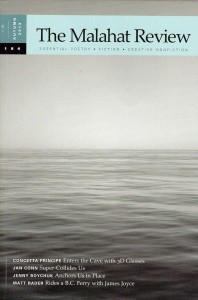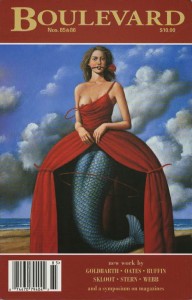For your holiday reading pleasure, a poem that was gifted to NewPages by writer Daniel Bosch. He shared it with us as a thank you for the work we do here, and I was so impressed and intrigued by it, I asked his permission to publish it here. He agreed and also responded to my request to provide some background on his writing and this piece in particular; his commentary follows the poem. For the kindness and generosity of the many readers and writers who appreciate our work, NewPages gives our thanks!
Call for Submission
by Daniel Bosch
This issue embraces the world of beasts
Through new fiction, poetry, and creative
Nonfiction about the nonhuman creatures
With whom we share the world. The works we publish
Fit various overlapping styles, including
Absurdist, uncanny, fabulist, cross-genre,
Experimental, bizarro, modern fairy tale,
Post-colonial, post-gender, and activist
Writing, new weird, surreal, fantastic, etc.
We want your formally inventive fiction.
Stretch the limits of words and thoughts. We look for
Savvy, sharp, well-polished literature
That captures life in a post-natural world.
The combined terms magic realism +
Slipstream illustrate the range of our stories
Along a spectrum between modern reality
And the imagined. Contact us with interview
Suggestions and other creative goodness.
Send us your spiny, your sharp, your relentless;
We want work coursing with energy and
Able to thrive in the harshest of places,
All while maintaining a vulnerable,
Succulent interior. We are looking for
Elegantly written fiction and poetry
Where the heart of the story lies within
Words shared in conversations between lovers,
Friends, strangers or even enemies.
The guidelines provide submission word lengths
And how to submit by email, but not
How to rotate your head 360 degrees
Or carrot recipes (not yet anyway).
Avoid overt or preachy messages.
Make us swoon. Look, we’ve got eclectic tastes here.
Don’t be afraid to submit works that defy
Form or genre. Show us what it means to exist
In an ecosystem, a biosphere.
The theme of the issue you can interpret
In any way. Review our guidelines where
You can also find details on our anagram
Contest. Submissions may be about artists,
Art genres, the idea of art, the making
Of art, being an artist, creativity,
Inspiration, etc. We cannot
Pay you, but if it makes you feel better,
We’re not getting paid, either. Inspire us.
Our only real requirement: Make our
Souls ache. Give us hope. And we want it now.
“Call for Submission” is a cento. The term comes from the Latin cento, “a cloak made of patches.” The Latin is derived from the Greek κέντρων. In the Greek literary world, centos were mainly composed by verses taken from Homer. In contemporary practice, these patched together poems follow the classical model in that they are usually assembled from poems the cento-maker believes are good, and that his audience might recognize.
“Call for Submission,” is made of language I culled from NewPages’ Calls For Submission section on May 8, 2013. I am very grateful for the good service NewPages provides to writers who seek to publish their work; the site makes a difficult task much easier. Yet my writing is so animated by a desire to play—and the work it takes to get poems published is painful “work” by comparison—that I know that when I composed “Call for Submission,” I was to let my impulse to play overtake a much weaker impulse to perform
I take seriously the work I produce when I play. In my cento, I mix “high” forms with “low” content to emphasize irony that inheres in the language of Calls For Submission; for an artist, there is some irony even in any response to the command, “submit.” I made very few alterations to the patches I’ve used, because I wanted my cento to be an accurate record of how writers speak to themselves in a professional organ such as NewPages. This mirror accuracy, I hope, supports how “Call for Submission” functions as satire: too much of the language of Calls For Submission is trite, puffed up, and (I think unintentionally) silly. And part of the point of the poem is its own over-stuffed too-muchness.
Yet I have tried very hard to make audible and legible in “Call for Submission” how that very same language may be pure-hearted in its aspiration to excellence and its enthusiasm for the art and craft of writing. Ancient Greek cento-makers knew that their audience would recall bits of Homer they had culled; I hope that the NewPages writer/reader of my poem will recognize the simultaneity of its twin strands of language—the ridiculous and the sincere. It is to such simultaneity we submit whenever we do the work it takes to send writing to a magazine or press. It is to such simultaneity we submit whenever we take play with language seriously.
Daniel Bosch’s poems, essays, translations, and book reviews appear in many magazines and journals that use NewPages’ Calls For Submission.

